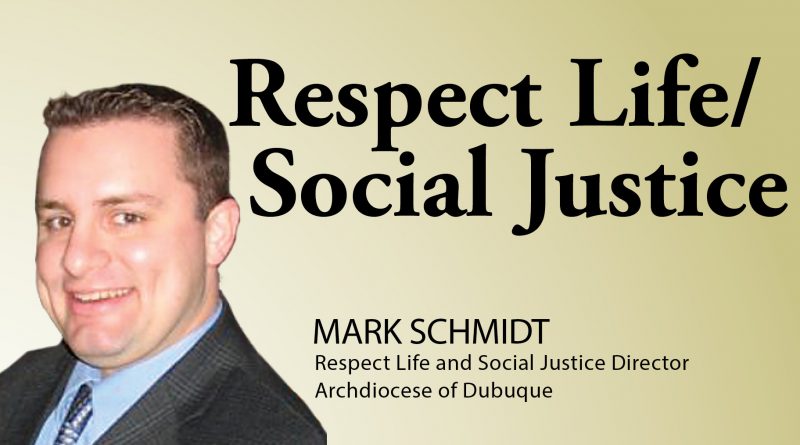Reflecting on Christ the King and the common good
Last week we ended the liturgical year with the Feast of Christ the King, reminding us that it is Christ who is lord of all, savior of the world. The feast was instituted by Pope Pius XI following a jubilee year in 1925. That jubilee year came at a time when the world was still recovering from World War I, which was fought on the continents of Africa, Asia and Europe and the waters around North and South America. The war left millions dead and millions more lives shattered.
It was in this shadow that Pius XI established the jubilee year of 1925, in part to heal a fractured world; in hopes of bringing about greater peace, justice and charity throughout the globe; not just at an individual level, but as a greater society. This jubilee year expressed our belief that peace would not come solely through treaties and agreements between nations but through the transformation of the hearts of people, regarding one another as Christ, and caring for each and every person.
It is fitting that the Feast of Christ the King should be the end of the liturgical year and followed immediately by Advent. For Advent prepares us for the coming of the Prince of Peace, when peace, justice and charity will rule and divisions will cease. The readings from the first Tuesday of Advent also remind us how Christ will rule: “Not by appearance shall he judge, nor by hearsay shall he decide, But he shall judge the poor with justice, and decide aright for the land’s afflicted” (Is 11:3-4).
Last week the Gospel reading for the Feast of Christ the King came from the 25th chapter of Matthew. In it, Christ said to the disciples “whatever you did for one of these least brothers of mine, you did for me” (Mt 25:40). He commands us to care for the poor and vulnerable, those on the margins by reminding us that when we encounter one another, we encounter Christ himself: “For I was hungry and you gave me food, I was thirsty and you gave me drink, a stranger and you welcomed me, naked and you clothed me, ill and you cared for me, in prison and you visited me.”
Ensuring that others have their needs met is not just a nice thing for us to do, it is part of our faith. Christ calls us to care for the common good. The catechism tells us that the common good “is to be understood ‘the sum total of social conditions which allow people, either as groups or as individuals, to reach their fulfillment more fully and more easily.’ The common good concerns the life of all. It calls for prudence from each, and even more from those who exercise the office of authority (CC 1906). The common good must have respect for the dignity of each and every person, “it should make accessible to each what is needed to lead a truly human life: food, clothing, health, work, education and culture, suitable information, the right to establish a family, and so on” (CC 1908). And it “requires peace, that is, the stability and security of a just order” (CC 1909).
In our world there are many economic programs, ideologies, partisan groups, who claim they have the answer to bring about a perfect world. While there may be many good and righteous aspects of each of these, the Feast of Christ the King and the Advent season remind us that they all fall short and many actually make the world worse by ignoring the dignity of the human person and our responsibility to care for the common good. It is only through Christ and his Gospel that the world will be made whole. Our vocation is to listen to the Gospel and participating with the grace of God, mold our lives and our society to “make accessible to each what is needed to lead a truly human life.”
To learn more about care for the common good participate in our Formation for All program session this Advent found at dbqarch.org/rlsj/formation.




